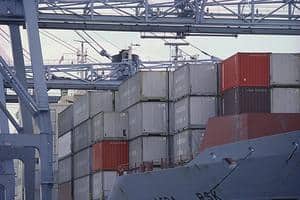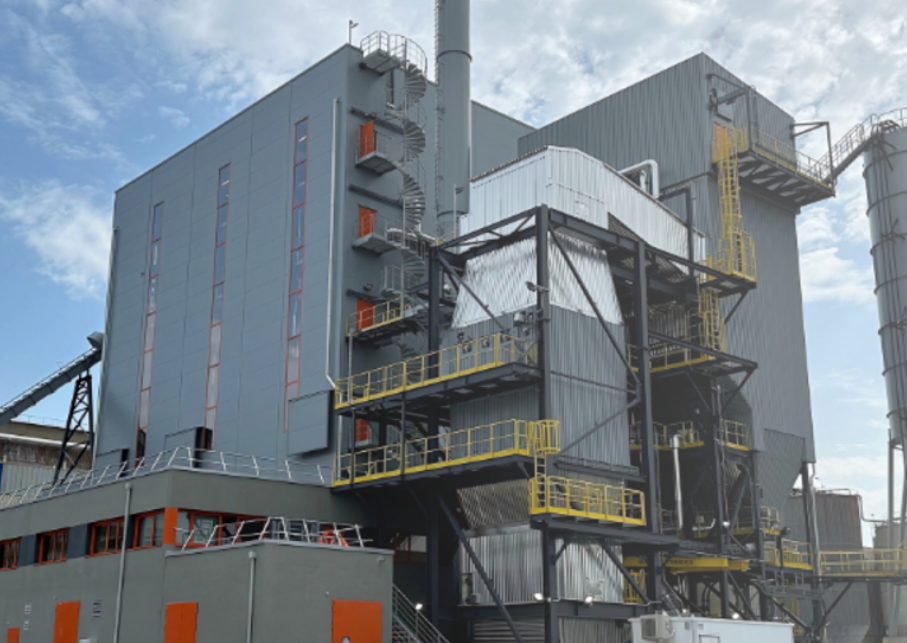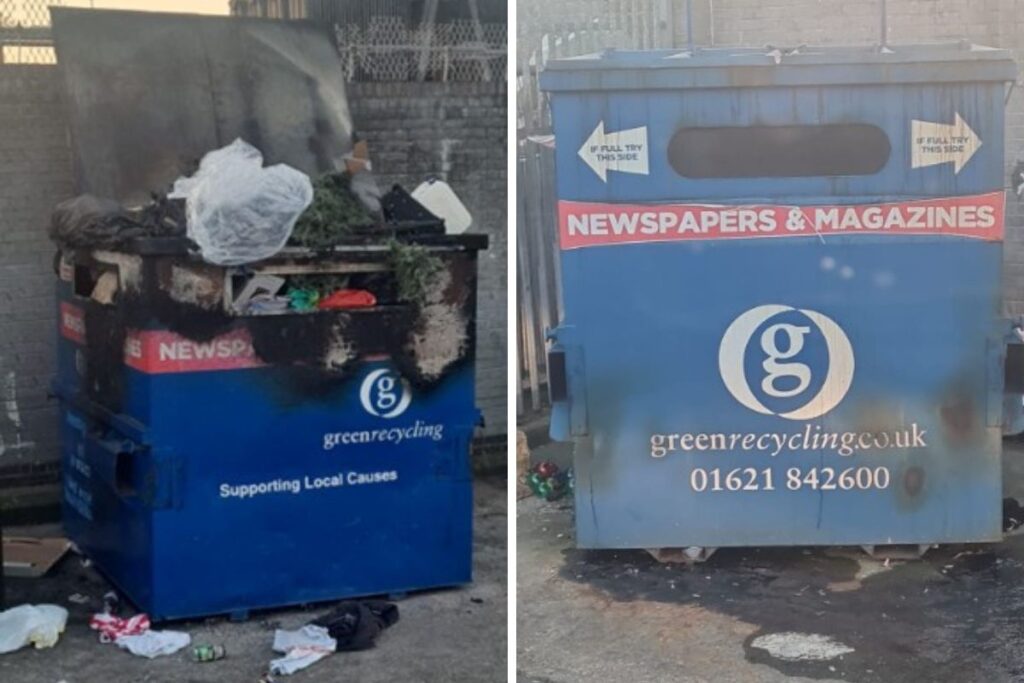However, a number of shipping firms have claimed that they have ceased shipping recovered paper and plastic in preference to handling less “volatile” commodities in price terms. In the face of falling demand for shipping of containers across industry, some shipping lines have reduced the number of ships on the seas and are also storing containers, particularly in southern China.
Since the onset of the economic downturn, freight companies have engaged in what one company called a “rate war”, whereby firms attempt to undercut the competition by lowering their quotes, and thus making it cheaper for merchants to export the material.
The situation has been heightened by the fact that competition law has led to the industry alliance, the Far Eastern Freight Conference, being disbanded.
But, shipping lines such as CMA-CGM and Hanjin are believed to have stopped carrying recyclables in preference for general goods which they consider have a more certain buyer.
Lee Culpeck of South Korean shipping firm Hanjin said: “If you look back a year, then the rates for general goods were much higher and carriers could subsidise shipping recovered material and now the import rates are on their knees, there is no subsidy that can be used to offset that cost.
“However, carriers continue to move waste paper at a cost where there are orders and it's not a small cost; I imagine it is probably substantial,” he added.
Export business
The shipping of recovered materials to China and South East Asia has proved a substantial element of the UK's export business, with Mr Culpeck claiming that waste paper, metal and plastic heading to China, Hong Kong and Indonesia accounted for almost half of the country's entire export market.
As a whole, the shipping industry has been hit hard by the economic slowdown, with the Baltic Dry Index – the aggregator used to calculate the rates for chartering freight – having seen shipping rates decline by 96% over the last five months.
Mr Culpeck said: “It is possible that the freight rate could go lower but I can't imagine that it will. That would favour recyclers if they did, but it would be in line with the price of their product being lower.”
According to one shipping company, which declined to reveal its export rates, the cost of importing a 20 foot container from China had fallen substantially over the last twelve months, from for example $1,200 (£785) a year ago to $100 (£65) today.
In response to the sharp drop in demand, and the subsequent fall in rates, some container firms said they had started running ships at a much slower speed to save the cost on oil, and redeploying or ‘mothballing' ships in an attempt to save costs.
Dry-docked
Gary Walters, export manager at China Ocean Shipping (Group) Company (COSCO), said: “Removal is already happening, on a large scale. We used to operate six Far Eastern services, they are all now going to be amalgamated down to four, the bigger vessels will be redeployed into bigger services or will be dry-docked and the smaller vessels will still be out there.”
One company spokesman suggested that the removal of ships from the supply lines could stimulate demand in the freight industry but until the price being paid for recycled material recovered, which has been touted as the second quarter of 2009, then the demand for shipping materials to the Far East will remain low.
The fall in shipping costs is a stark change from a year ago, when the recovered sector was at odds with freight companies due to the high tariffs being charged for sending material overseas (see letsrecycle.com story).
However, the invocation of antitrust laws has led to the industry alliance, the Far Eastern Freight Conference (FEFC), being disbanded, which some operators have blamed on the decline in rates.
Knock-on effect

Freight rates continued to weaken during the quarter
Ranjit Baxi, president of the BIR's paper division
This was confirmed by Ranjit Baxi, president of the Bureau of International Recycling's paper division. He acknowledged the knock-on effect that the cessation of the FEFC and its former impact on the market had made, when he wrote in the the recycling organisation's quarterly report on recovered paper, published last week (December 19).
Mr Baxi said: “Freight rates continued to weaken during the quarter following the disbanding of the Far Eastern Freight Conference.
“The weakening oil price and the strengthening of the US dollar also helped the reduction of BAF (bunker adjustment factor) and CAF (currency adjustment factor), and therefore in the trimming of freight levels.”
One export manager, who declined to be identified, said: “Since the FEFC was disbanded, the European import and export market now have no voice and we are now finding out that the rates are in free fall.”










Subscribe for free